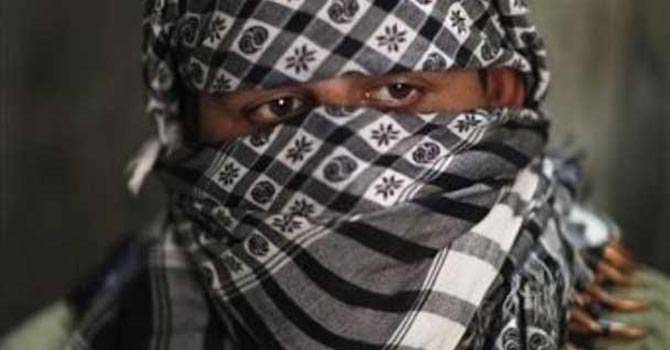
ISLAMABAD, Sept 5: A strong denunciation of militancy in Pakistan opened a law-and-order debate in the National Assembly on Wednesday, with one opposition party leader tracing the origin of the menace to “within the governmental structure”.
There were also calls for sectarian harmony in the country amid opposition charges of the government following a US-led international agenda in the so-called war against terrorism while ignoring decisions of its own parliament.
There was no immediate government response to the opposition criticism while the day’s lone speaker from the ruling Pakistan People’s Party (PPP) called for a religious dialogue and appealed to religious scholars to unite against sectarianism.
The debate will continue on Thursday to be wound up by Interior Minister Rehman Malik, who had promised in remarks in the house on Monday to expose `conspiracies’ behind a recent wave of deadly attacks on members of the Shia community and a disputed blasphemy charge brought against a mentally retarded Christian girl by the imam of an Islamabad mosque.
Opposition Jamiat Ulema-i-Islam’s leader Maulana Fazlur Rehman said religious parties had worked for harmony from the early days of Pakistan but acknowledged there were militant groups working in the name of religion that, he added, would “become active when any (governmental) agency needs them”.
Asking why religious parties should be blamed for militancy while they had dissociated themselves from such activities, he said “you will find these elements within the governmental system”, adding, “this disease should really be diagnosed.”
The maulana praised the country’s political leadership for taking what he called mature decisions in parliament vis-à-vis the war on terror, but accused the government of not implementing unanimous parliamentary resolutions about what should be Pakistan’s role.
As a result, he said: “We are not coming out of trouble and getting bogged down in the quagmire with every step.”
Opposition Pakistan Muslim League-N member Khwaja Saad Rafiq, who opened the debate, described Gilgit-Baltistan as a `volcano’ and Karachi a `bonfire in a blind war’ as he talked of sectarian and other violence there as well as in Balochistan and said “gunman’s Islam cannot be enforced in this country” and that there was a “consensus of all that jihad can be declared only by a state” rather than non-state groups.
He said the Pakistani nation wanted answers to questions about who was actually responsible for its security and the country’s role in the face of a `vacuum’ after the withdrawal of US-led foreign forces from Afghanistan, and urged the government to formulate a “comprehensive and practicable” policy to tackle the situation in consultation with the rest of political leadership in the remaining period of its tenure.











































Dear visitor, the comments section is undergoing an overhaul and will return soon.